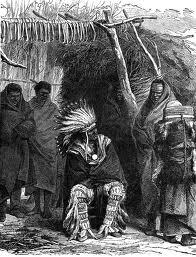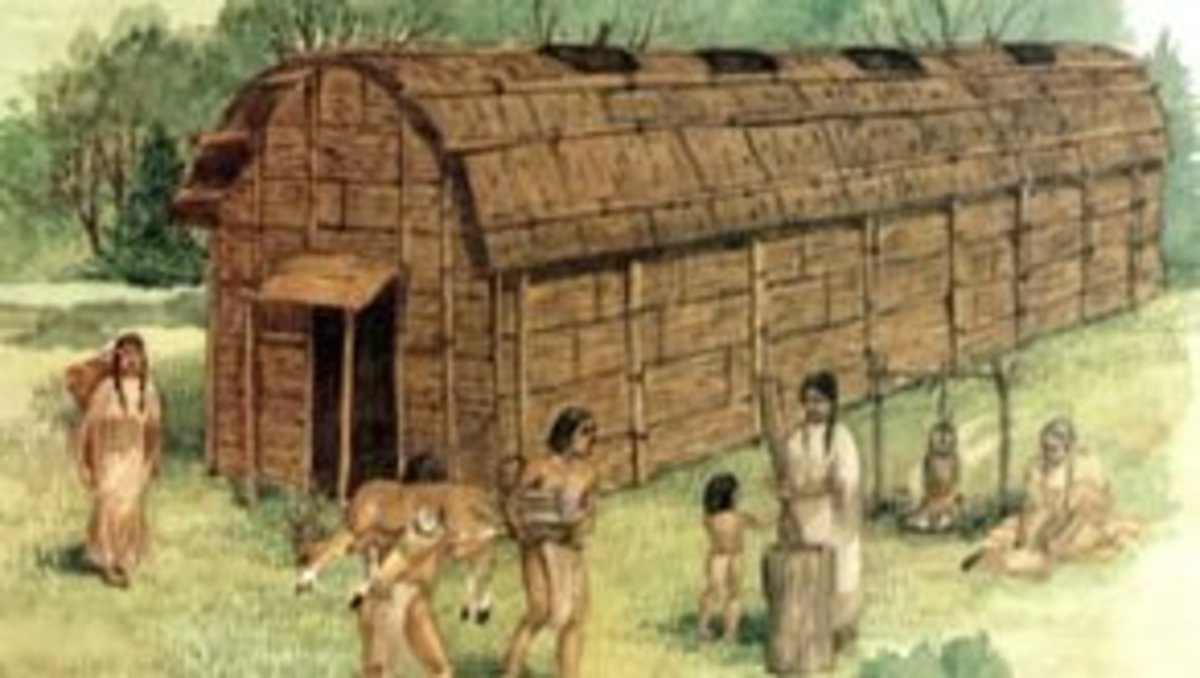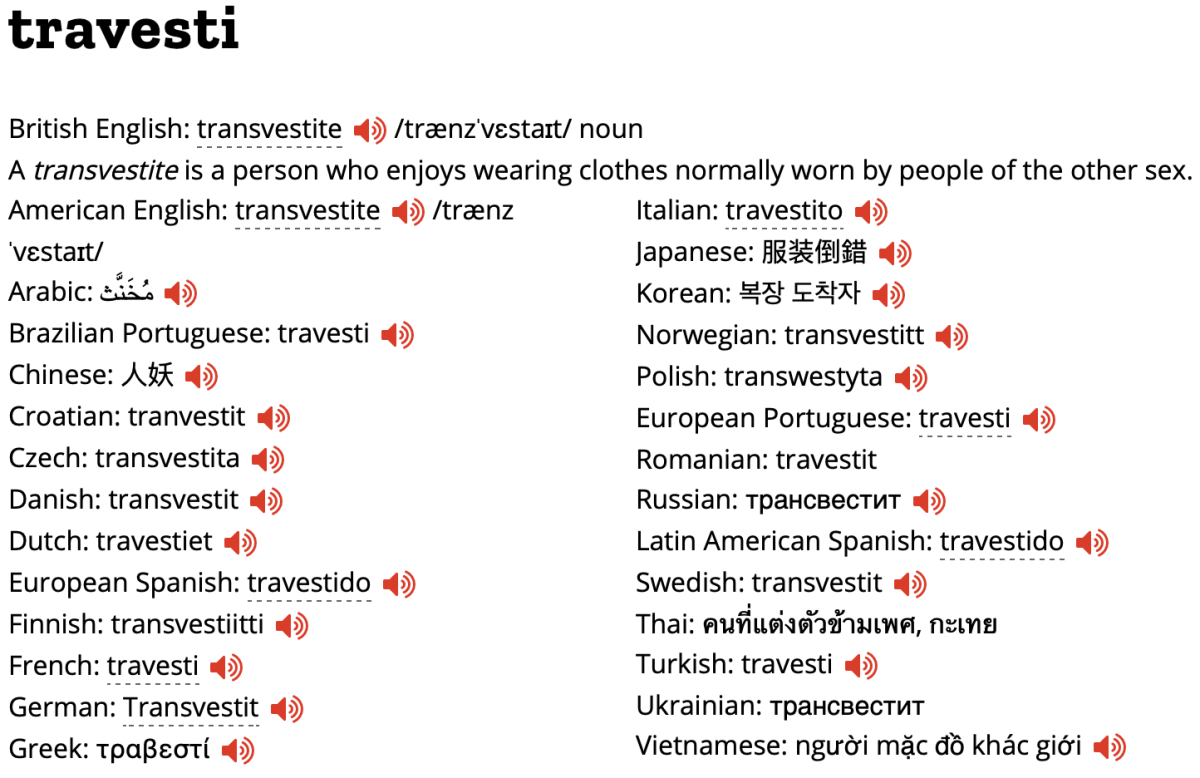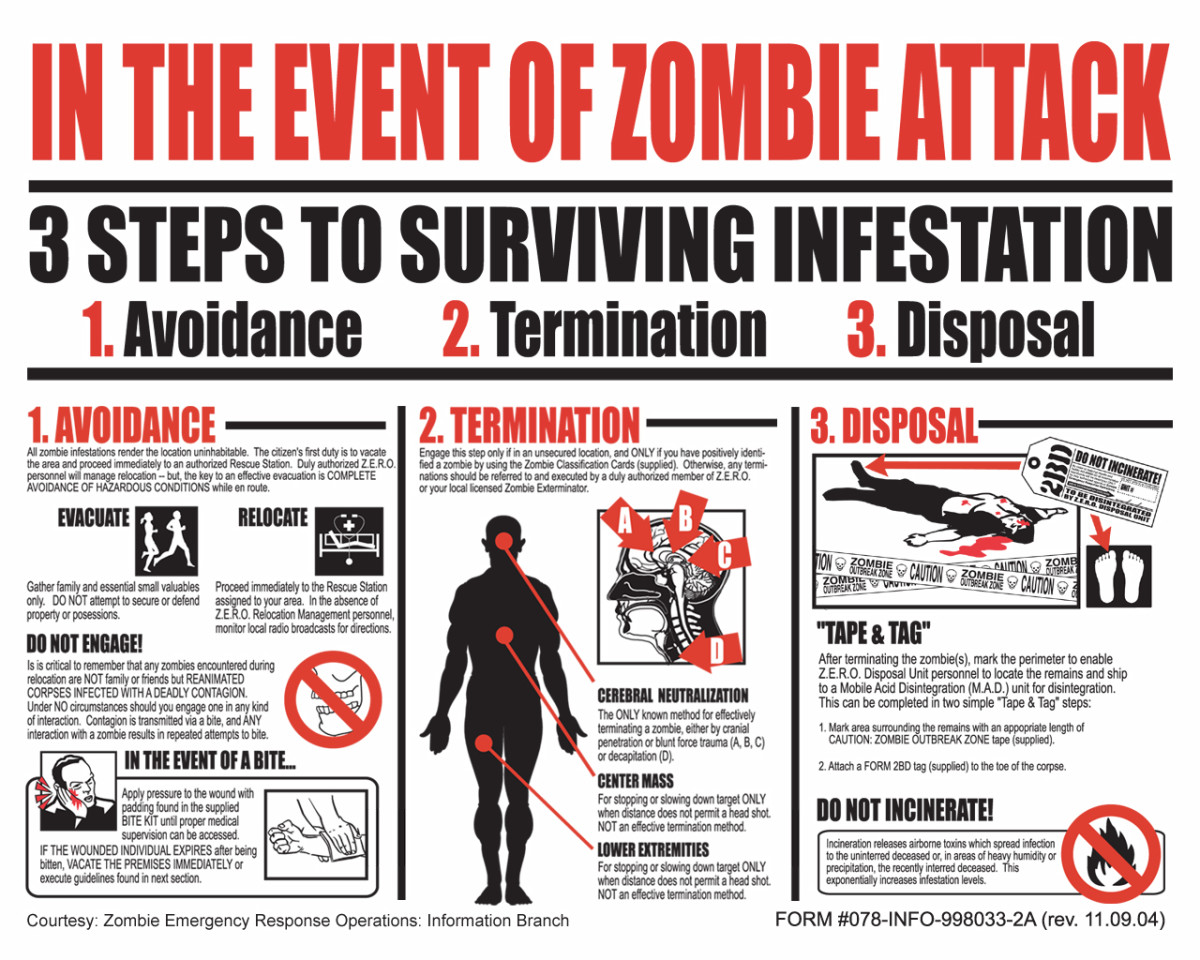The Effects of Kinship on Tribes

Anthropologist Raymond Scupin suggests that kinship plays an important role in modifying the position of women in these societies. Scupin claims that women have a higher social status in societies with kinship systems that arematriarchal and matrilineal descent. Matriarchal meaning a female is the head of the family; it is the opposite of patriarchal where the man is the head of the family.
The two societies I will talk about today and compare Scupin’s theory to test his theory are the Minangkabau of Indonesia and the Yanomamo of Venezuela. I will talk about the roles of men and women in each and then compare it to Scupin’s theory and prove that he is right or wrong. Mind you that these are just two of numerous tribes and other tribes maybe different and this theory may be proven differently with a wider range of data. However I will make my decision based on just the two tribes mentioned above.
First off, the Minangkabau from Indonesia, are “best known for Matrilineal descent and the lame practice of merantau or outmigration” (p 145). Women stay with the children and raise them, the father of their children don’t play a father role to the children per say, they play more of a father role to his sister’s children; he is referred to as the mamak. He is however responsible for his children’s spiritual growth and it is his responsibility to fulfill both of these jobs. Marriage to the Minangkabau is more of a nightly visiting right; eating, sleeping and childrearing. After spending the night with his wife he would return home to his mother and sister’s house and play father to his nieces and nephews. Men tend to work near their wives and children but do not stay there during they day, their political roles are carried out at their mother’s/sister’s house. Wealth, land and other items desired to be inherited was passed down the female line, the rice land can be passed to the son by the father if by chance he does own land. Women are tied to the land they live on, they are the ones who own the land not the men, and the men migrate outland while the women stayed in their homes with their mothers and children. Men were freer than women, they could move around but they had less security then the women. Men have responsibilities to both households, at his wife’s house there are strict rules he has to follow, and his sister’s he has more freedom but does not own the land he manages, to escape all this they migrate out land where they can be free from the responsibilities and the stress of the burins of two households. As children, boys sleep in a prayer house and the girls sleep at home with their mother. Although this tribe is matrilineal they have male leaders, the lineage chief. To this day they are still strongly matrilineal but men have increased the amount of time they spend with their wife and children and decreased the ties they have with their sister’s children. Divorce was very height and at one time they had the highest rate of divorce in their area, it is now lower.
The Yanomamo of Venezuela, unlike the Minangkabau, is a patrilineal society instead of the mother’s blood line inheriting is through the man’s blood line. Men and women share more than the Minangkabau do. Men and women both have the exact same hair cut except for the occasional lice break outs then the heads are shaved. Women gather fish for food; using a mild poison that makes the fish lose control of their bodies and they float up to the top of the surface and they just gather them with ease. On occasion they have the bite a big one behind the head to kill it. As for their housing, men put in the 4 basic poles for the sides the women and children gather vines and leaf to use as thatching. As for their roofs, each person builds their own over their own little section. Men are usually the story tellers in the society for they haven’t a written language. When it comes to healing and death, the Yanomamo believe it is a spirit and a shaman is needed. A Shaman can be any male their wealth or blood line does not matter. There is no one man or woman in charge for the Yanomamo, they practice egalitarianism but they do have one man in each village that is the headman of that village. However he is there only to be a buffer when things get rough. He is a role model for how the people of the village he represents to act. There are social boundaries for girls when compared to boys and girls have no say in who they will marry. At a very young age they start to take care of other children in their household and other household responsibilities. A husband abusing their wife is a common thing; some men take it too far and at time end up murdering their wife. At a young age boys are encouraged to strike girls, even parents and other village members cheer them on. As women age and become elderly they gain more respect and are safer than when they were younger.
When looking at the Minangkabau you see that they are matrilineal and women have more power and are held at higher standards then men are. Although men are not treated as badly as the women of Yanomamo are, their status in the tribe is lower than that of women’s. When looking at the Yanomamo you see that they are patrilineal and yes, men’s status is higher than that of a woman’s. A woman’s status is at time substantially lower than a man, like when she is young, she is walked all over by the husband and beaten if she is not fast enough at something or satisfying his wants. When a woman becomes elderly she gains a little more status or respect and is treated less poorly. Based on this information I would have to say that Scupin’s theory is correct, the kinship of a society does help determine the woman’s status in the society.









